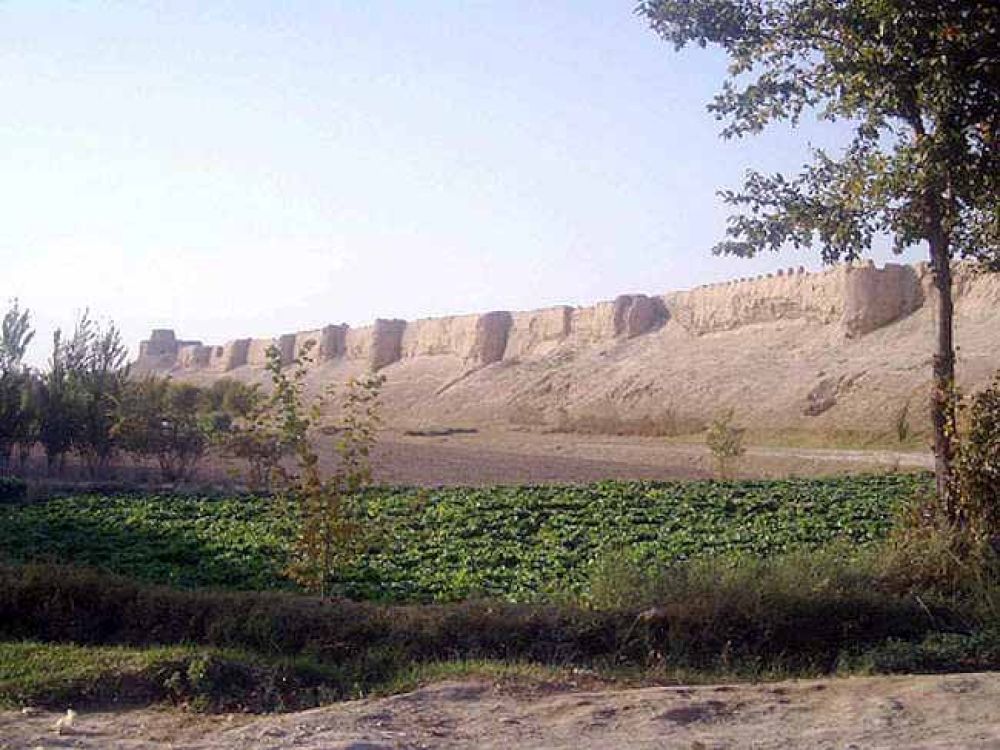

The ancient city of Balkh, once known as Bactra, holds a profound place in the history of civilization and tourism in Afghanistan. It is amongst the oldest cities in the world, with a history that stretches back over 3,000 years. The region was once a hub of culture and trade, sitting strategically on the Silk Road, facilitating the exchange of ideas, goods, and knowledge between the East and West.
The region of Balkh has been mentioned in historical accounts by numerous ancient scholars and conquerors, including Zoroaster, who is thought to have died there, and Alexander the Great, who married Roxana at Balkh. It was also a center of Buddhism before the Islamic era and later became an important center of Muslim culture and scholarship.
Arising from its rich cultural tapestry, tourism in Balkh used to flourish, attracting scholars, historians, and travelers from all around the world. Visitors came to explore the ancient ruins, embrace the spiritual legacy, and discover the region's significant cultural heritage, including the remnants of Buddhist stupas, Zoroastrian temples, and Islamic architecture.
The tumultuous history of Afghanistan, however, has had significant repercussions for its tourism industry. The political instability, conflicts, and safety concerns have greatly limited the ability of tourists to visit Balkh and other historic sites in the country. Preservation efforts have been constrained, and many ancient treasures have been damaged or lost due to these circumstances.
In recent years, there has been an increased consciousness of the importance of preserving the Balkh Archaeological Site. Organizations like UNESCO have been actively working towards the protection and conservation of such sites in Afghanistan.
Despite the risks, a niche of intrepid travelers, historians, and archaeologists continue to show interest in visiting Balkh, drawn by its historical and cultural significance. The Afghan government, along with international partners, is looking to revive tourism by ensuring the safety of tourists and promoting the archaeological wealth of the region. However, the improved access and infrastructure required for boosting tourism is an ongoing challenge.
In the current global context, there is a growing trend of virtual tourism, which may indeed benefit remote and inaccessible areas such as Balkh. Virtual tours and online experiences allow people from all over the world to explore the archaeological sites and learn about the history and culture of the region without physical travel.
Furthermore, there is an increasing emphasis on sustainable tourism that respects and preserves cultural heritage. Should the circumstances in Afghanistan allow, the future of tourism at the Balkh Archaeological Site and in the broader region may well be shaped by these principles, ensuring that its history is respected and conserved for generations to come.
The Balkh Archaeological Site, with its layers of history buried beneath the Afghan soil, stands as a testament to the region's rich cultural heritage. It has seen the rise and fall of civilizations and has the potential to offer invaluable insights into our shared human past. While current conditions pose distinct challenges to tourism, the hope remains that with global support and a peaceful future, Balkh will once again thrive as a beacon of historical tourism and cultural enlightenment.